How We Tackle Weeds in Organic Chickpeas
June 23, 2025We’re back in the field with our chickpea cultivation series! See how we tackle weeds after emergence using inter-row cultivation.
Read articleExplore biodynamic product innovations and discover how they nurture soil and plants. Join us as we refine preservation methods, enhance packaging, and initiate preparation tests.
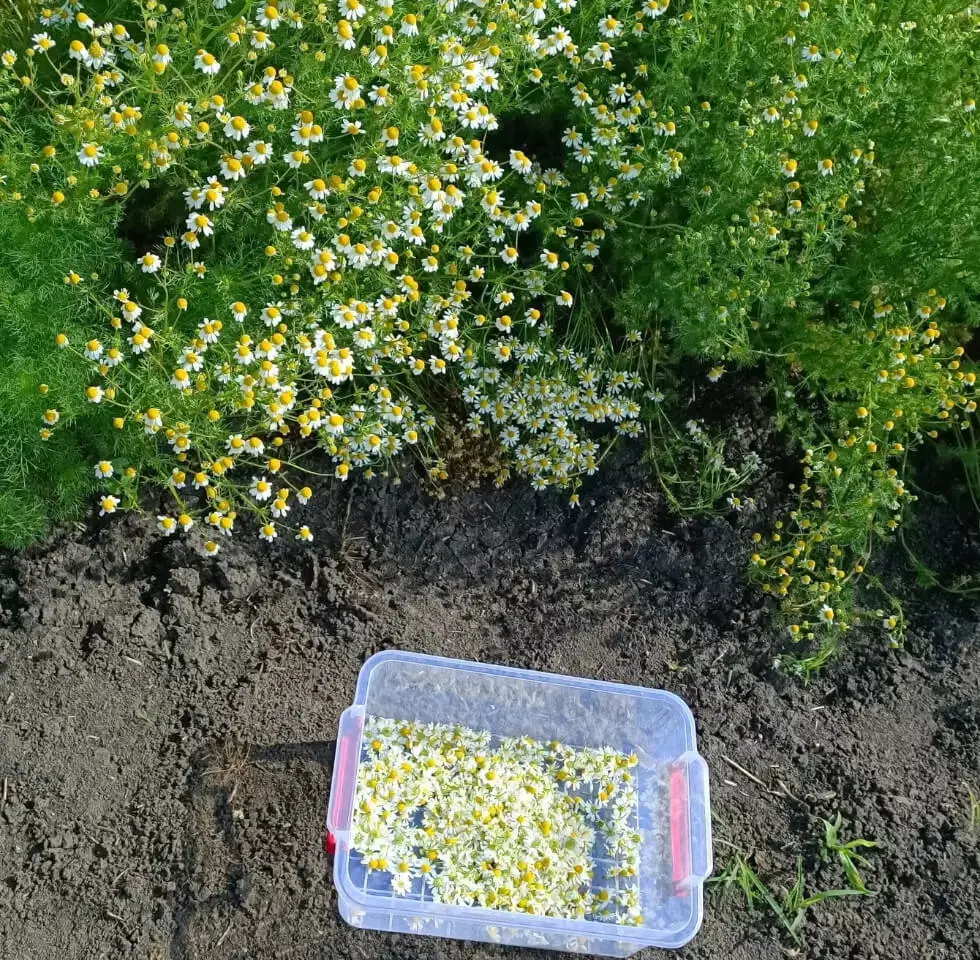
In a world where innovation and technology take the lead, a quieter movement is gaining ground – biodynamic agriculture. With roots that reach back nearly a century, biodynamic agriculture reflects a commitment to sustainable practices. This unique approach is fostering a more harmonious connection between farming and the natural world.
At the core of biodynamic agriculture lie nine special preparations that nurture soil, plants, and compost. These preparations capture the essence of plants like chamomile, yarrow, valerian, field horsetail, common nettle, dandelion, and other similar materials. Our goal is to develop our own solutions (nine biodynamic preparations, to be exact) that help sustain soil fertility, bolster plant resilience, and shield plants from pests – all without resorting to animal-based inputs. This process involves the careful measurement and sharing of our findings and knowledge with the wider community.
Our journey began with little knowledge and unwavering enthusiasm. First, we planted essential crops for our preparations and gathered natural materials. Creating a small experimental plot, we encountered challenges in sourcing rare seeds, while maintaining our commitment to traceability.
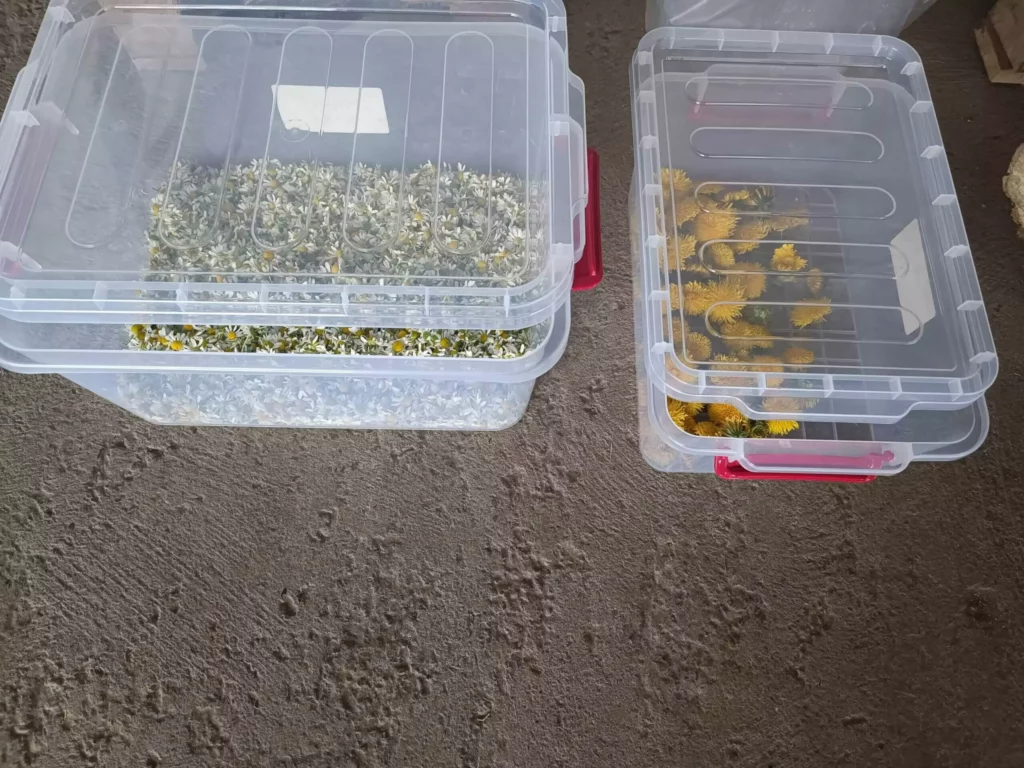
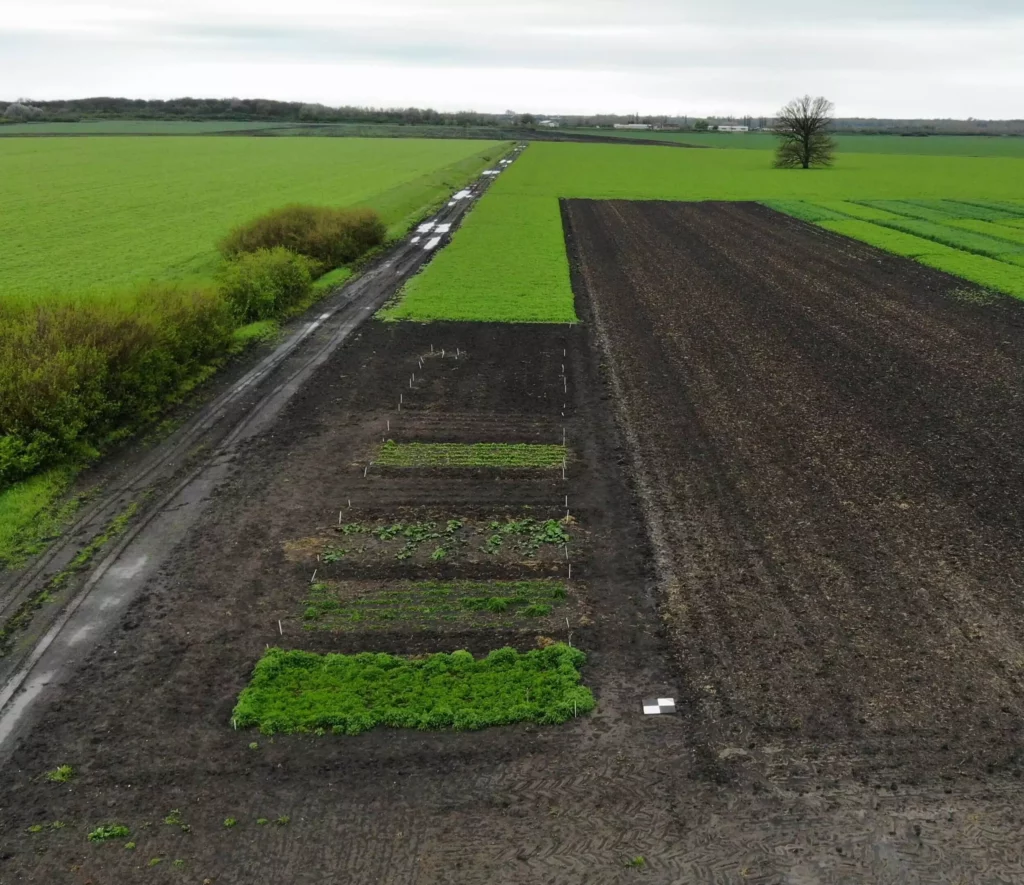
With materials in hand and crops nurtured, we initiated the preparation process. The accompanying visuals offer a glimpse into this phase.
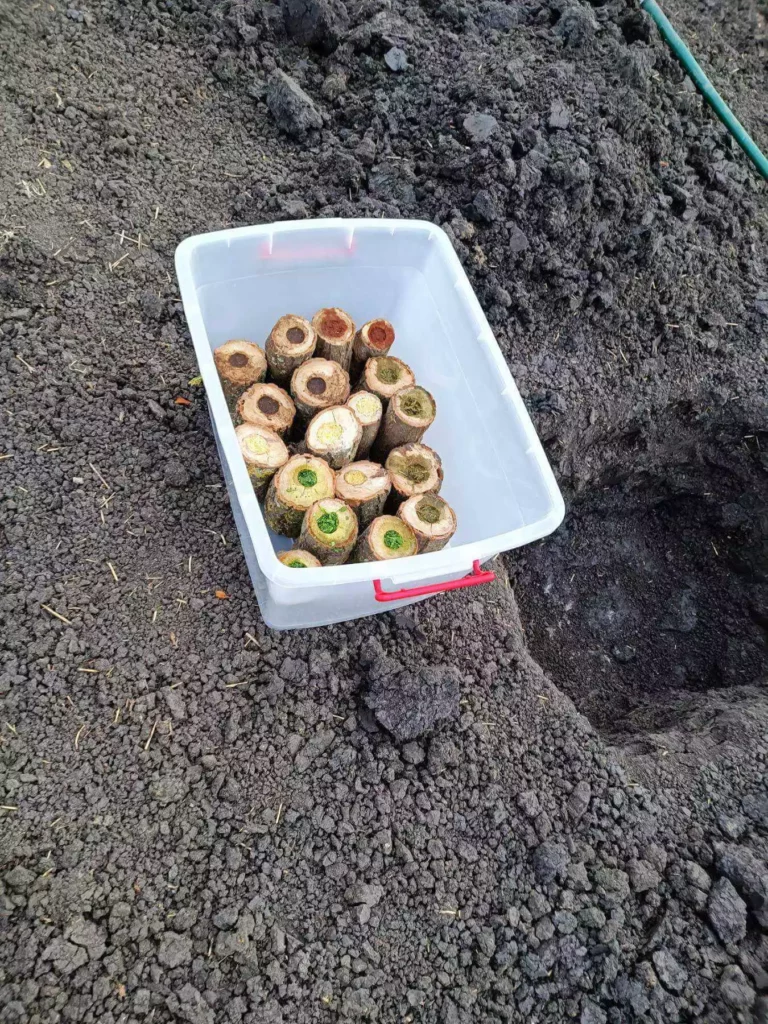
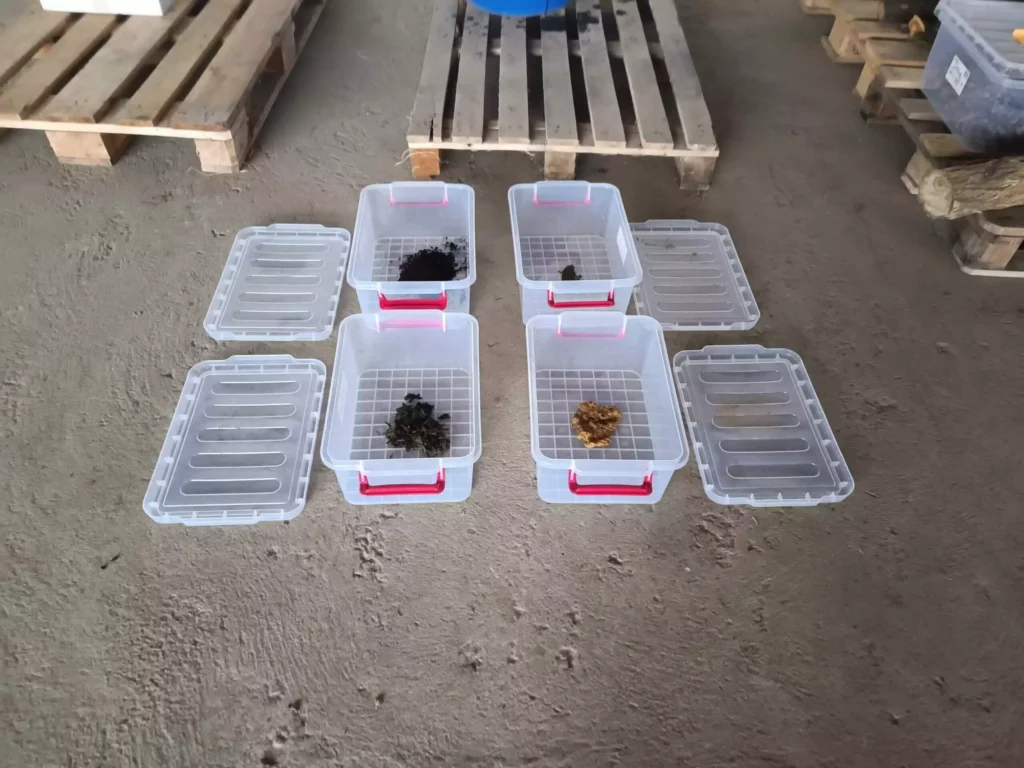
After dedicated efforts and initial trials, we began to see tangible results. We successfully developed two preparations – 505 and 500. Preparation 505 was made using the bark of an oak tree. We ground the oak bark and put it in the punctured oak branch. After that, the branch was buried in the land for a period of six months. After that period, the branch was removed from the land and the material from it. This material is Preparation 505. All these activities were done on precisely determined dates according to the biodynamic calendar.
Four variations of Preparation 500 were crafted using different raw materials during formulation: alfalfa, corn, alfalfa silage, and biogas digestate. We ground these materials and put them in the punctured oak branches. After that, the branch was buried in the land for a period of six months. After that period, the branches were removed from the land and the materials from them. These materials are versions of Preparation 500. All these activities were done on precisely determined dates according to the biodynamic calendar.
Though not without challenges, our work led to the emergence of Azotobacter bacteria in two versions of Preparation 500, while the other two iterations faced setbacks. The provided table outlines the quantitative details, comparing bacteria content before and after the process of creating a biodynamic preparation.
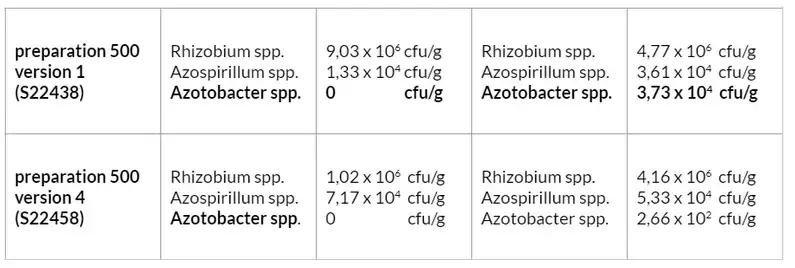
While the quantity of colony-forming units per gram might not be extensive, their role in biologically fixing nitrogen holds considerable importance, particularly for improving production.
Central to our mission lies the development of biodynamic compost – a promising fertilizer to enhance vegetable cultivation. Moving forward, our roadmap encompasses the enhancement of preservation techniques, packaging improvements, and the optimization of storage protocols. In 2024, we plan to mark the initiation of tests of individual preparations. We invite you to stay connected as we commence individual preparations tests and unveil our forthcoming results. So, stay tuned as we share our results in the future.
We’re back in the field with our chickpea cultivation series! See how we tackle weeds after emergence using inter-row cultivation.
Read articleTwo days, three farms, one shared goal: growing hemp more sustainably. Here’s what we learned and shared during our tour of Prekmurje.
Read articleChickpeas offer great potential for organic farming. Join us as we walk you through the essential steps of chickpea cultivation, starting with seedbed preparation.
Read article